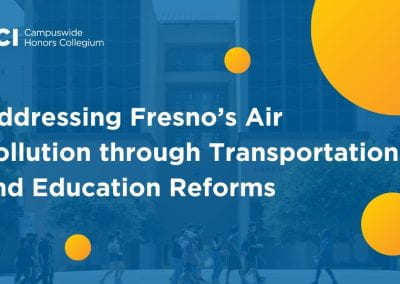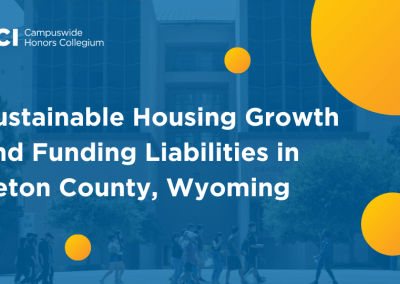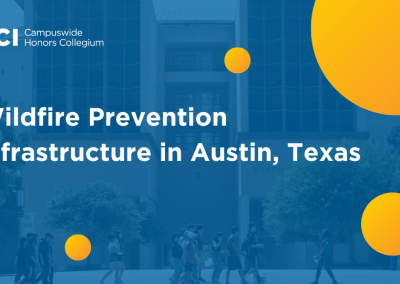Addressing Food Insecurity in Long Beach, CA via Vacant Space Urban Agriculture
Abstract
Food insecurity in urban spaces is a vast topic of sustainability and social concerns. Specifically, the presence of food deserts and the inaccessibility to fresh produce has caused vulnerabilities in disadvantaged neighborhoods. Moreover, the lack of reliable food sources is a cause for concern for the environment due to its relation to greenhouse gas (GHG) emissions from transportation. To respond to these socio-environmental concerns, our proposed solution is to implement a city-wide community garden initiative and set future plans for legislative action on urban agriculture in Long Beach, California. We conducted a literature review on the current research landscape regarding community gardens and the impacts of vacant land in urban spaces. The approach to this project involves a multidisciplinary perspective that takes social, environmental, psychological, economic, and physiological factors into consideration. We also relate the issue of food insecurity and the benefits of urban agriculture through its significance in climate change and the overall sustainability of Long Beach. Through the research of Long Beach budget reports, and similar, successful urban gardening initiatives, we compiled ideas for financial resources to execute this proposed solution. Lastly, we conducted a cost-benefit analysis to establish quantifiable metrics that would measure success in the context of Long Beach, CA. We included several methods of quantifying the costs and benefits of the solutions through several key metrics such as the community participation rate, production and harvest rate, the overall well-being of residents, and the efficiency of the overall initiative. Most of the metrics to measure success will include self-reported, survey-based material.



